Candidate Directors for the 2022 Elections
Below you find a detailed description of each of the 11 candidates, in alphabetical order. You can find even more information about them on their personal websites. This year 5 new Directors for 2023-2025 will be elected.
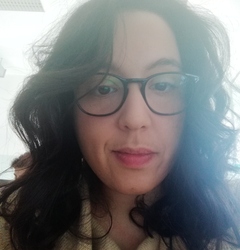 |
Daniela Cialfi
Faculty Member/For-Profit Employee
Universitàdegli Studi Gabriele D'Annunzio Chieti-Pescara
Pescara, Italy |
I am cognitive and behavioural economist, heterodox economist and postdoctoral researcher at the University of CHIETI-PESCARA, Italy. Before this, I worked at Procter & Gamble. I hold a PhD in the Human Science curriculum in Economics and Statistics from the University of CHIETI-PESCARA, and an MS in management, finance and development from the University of CHIETI-PESCARA.
|
| |
Research Interests:
- no info provided -
Past Experience:
Describe your past contributions or participation in computational neuroscience.
I have organised several neuroscience conferences and workshop
Motivation:
Please explain why you want to become an OCNS director.
I want to bring different way of supporting and promoting OCNS activities
OCNS and CNS participation:
# of CNS meetings attended: 2-3
Review service for CNS meeting: 2-3
Programme Committee / Local Organizing Committee member: never
Member of OCNS Board of Directors: never
|
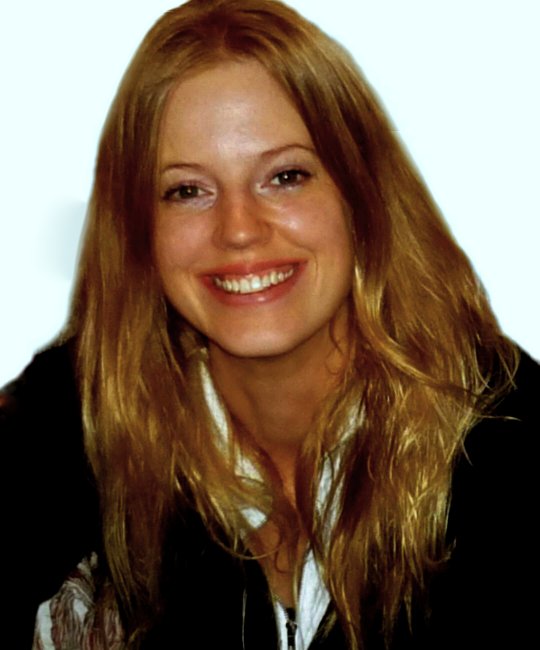 |
Clea Desebrock
Student Member
University Of Oxford
Oxford, United Kingdom |
I am currently a stipendiary lecturer in Psychology at Somerville College, University of Oxford. I will be leading guest editor for a special issue of Frontiers in Computer Science (pending). I have a DPhil (PhD) in Experimental Psychology from Oxford University (2022) - passed with no corrections.
|
| |
Research Interests:
I research self-related processing and combine techniques from social and cognitive psychology with psychophysics and social neuroscience. Through collaboration I am also interested in artificial intelligence and machine learning.
Past Experience:
Describe your past contributions or participation in computational neuroscience.
I attended the OCNS conference in 2015 in Prague. I have worked in collaboration with members of the Oxford Centre for Theoretical Neuroscience and Artificial Intelligence.
Motivation:
Please explain why you want to become an OCNS director.
I am interested in sharing insights from my own research and field with researchers in computational neuroscience and in turn want to inform my own work through collaborations with computational neuroscientists. I would like to promote computational neuroscience to researchers in social and cognitive psychology.
OCNS and CNS participation:
# of CNS meetings attended: 1
Review service for CNS meeting: none
Programme Committee / Local Organizing Committee member: never
Member of OCNS Board of Directors: never
|
 |
Christopher French
Faculty Member/For-Profit Employee
University Of Melbourne
Melbourne, Australia |
Medical training MBBS Sydney University 1987; PhD cellular electrophysiology 1992; Neurology training completed 2006, epilepsy subspecialty accreditation 2008; academic lead Royal Melbourne Hospital (RMH) Honours and Masters program 2012-2017; Director University of Melbourne Medicine Honours program 2017-ongoing; Deputy Head, RMH Department of Medicine 2021-ongoing; lead the Neural Dynamics Laboratory with a wide range of CN related projects
|
| |
Research Interests:
Conductance based neural models of cortical circuits- critical behaviour of in vitro and in vivo neural circuits- electrophysiological biomarkers of cognitive decline in animal and human models- hardware and software implementation of brain computer interfaces- molecular dynamical ligand protein interactions
Past Experience:
Describe your past contributions or participation in computational neuroscience.
Persistent sodium current equations intermediate inactivation of Nav channels model; models of voltage gated ion channel effects on brain rhythms Place cell models; criticality in freely behaving animals; MD models of ligand protein interactions
Motivation:
Please explain why you want to become an OCNS director.
I have several decades of successful administrative experience in multiple roles and have assisted with planning and delivering local and international conferences a range of research interests aligned with OCNS. I therefore seek to facilitate the general aims to promote and disseminate the study of CN, especially engaging and fostering younger members and more specifically to help deliver an outstanding international conference to promote this rapidly developing and significant discipline.
OCNS and CNS participation:
# of CNS meetings attended: 2-3
Review service for CNS meeting: none
Programme Committee / Local Organizing Committee member: never
Member of OCNS Board of Directors: never
|
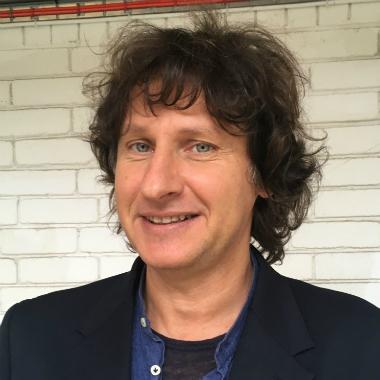 |
Max Garagnani
Faculty Member/For-Profit Employee
Goldsmiths, University Of London
London, United Kingdom |
I hold a PhD in Artificial Intelligence and a PhD in Computational Cognitive Neuroscience (Cambridge, 2009). I am currently Senior Lecturer in Computer Science at Goldsmiths, University of London (UK), where I am also joint Director of the MSc in Computational Cognitive Neuroscience. I hold a Visiting Researcher post at the Brain and Language Lab at the Freie Universität Berlin (Germany) and was previously Visiting Scholar at the International Computer Science Institute (Berkeley, CA).
|
| |
Research Interests:
My work focuses on the implementation of biologically constrained neural models closely mimicking structure, connectivity, and physiology of the human cortex. I apply these models to explain the brain mechanisms underlying the spontaneous emergence of cognitive function (language, attention, decision making) in deep, randomly connected networks.
Past Experience:
Describe your past contributions or participation in computational neuroscience.
I attended and contributed to a number of CNS and related international conferences (e.g., CNS*2021, 2006; Bernstein Computational Neuroscience Conference 2022, 2015; Cognitive Neuroscience Society Annual Meeting 2019, 2016, 2013, 2011, 2007). Since 2020 I am Review Editor for the international journal "Frontiers in Computational Neuroscience".
Motivation:
Please explain why you want to become an OCNS director.
The Organisation for Computational Neurosciences plays a vital role in the dissemination of results and the advancement of knowledge in this discipline. As an educator and researcher in this field, I want to be part of its mission. Over the years I attended and contributed to many OCNS and similar meetings, events that have significantly benefitted my work. After gaining so much, I feel that I should now start to give back, by supporting the organisation's growth and prosperity in practice.
OCNS and CNS participation:
# of CNS meetings attended: 2-3
Review service for CNS meeting: 1
Programme Committee / Local Organizing Committee member: never
Member of OCNS Board of Directors: never
|
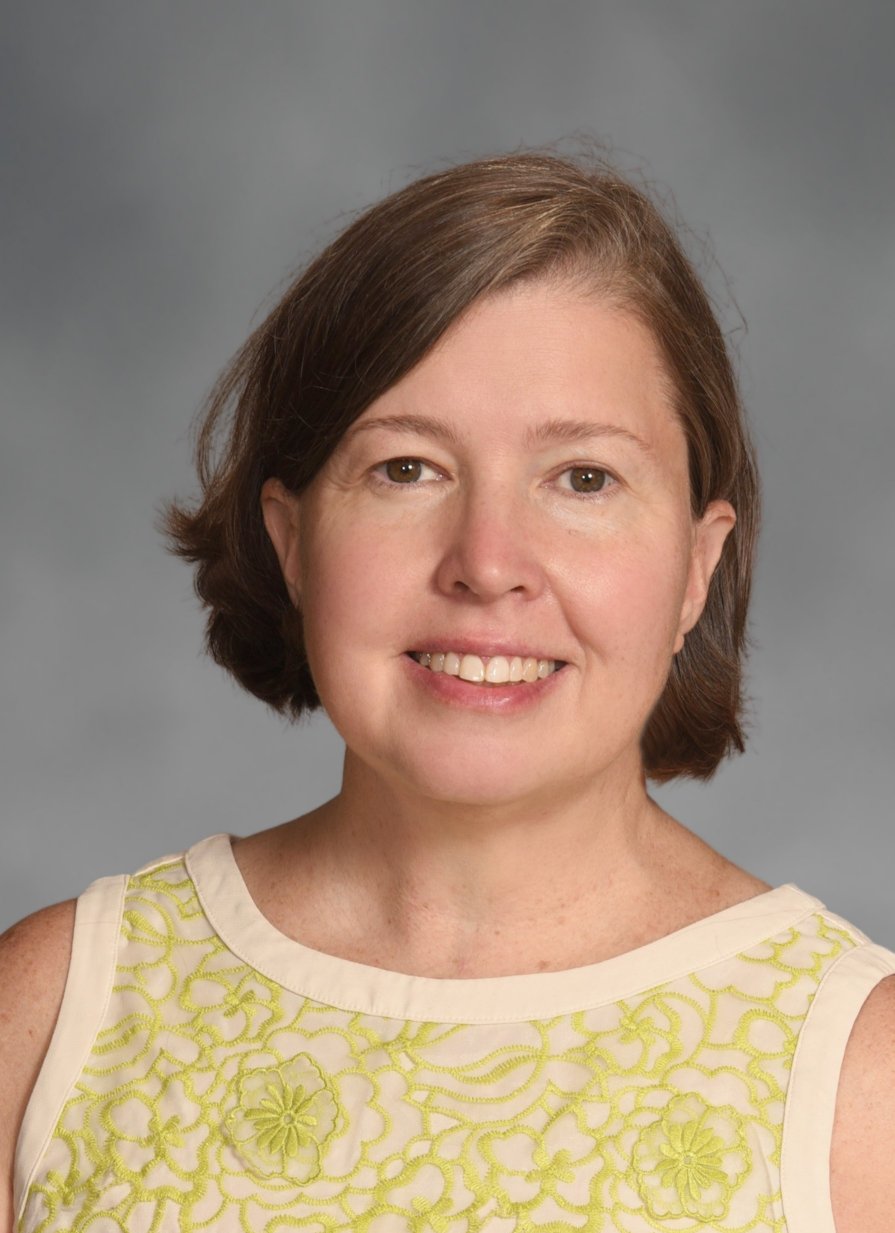 |
Julie Haas
Faculty Member/For-Profit Employee
Lehigh University
Bethelehem, United States |
PhD: Boston University, Biomedical Engineering. Postdoctoral: Institute for Nonlinear Science (UCSD), Center for Brain Science (Harvard). Faculty: Department of Biological Sciences, Lehigh University.
|
| |
Research Interests:
I'm most interested in the functions of small circuits. My lab works in the thalamic reticular nucleus, mainly focusing on its dense population of electrical synapses and using both electrophysiology and computational approaches. Overall, we want to understand how neurons of the TRN filter sensory signals as they are relayed to the cortex.
Past Experience:
Describe your past contributions or participation in computational neuroscience.
I have used computational approaches in my work since attending the Woods Hole course during grad school. I have regularly contributed to and attended both OCNS and other comp neuro conferences. I teach and mentor computational work. I handle computational work in serving as an associate editor.
Motivation:
Please explain why you want to become an OCNS director.
I would like to maintain my involvement and service to the community.
OCNS and CNS participation:
# of CNS meetings attended: 4-5
Review service for CNS meeting: more than 5
Programme Committee / Local Organizing Committee member: past
Member of OCNS Board of Directors: never
|
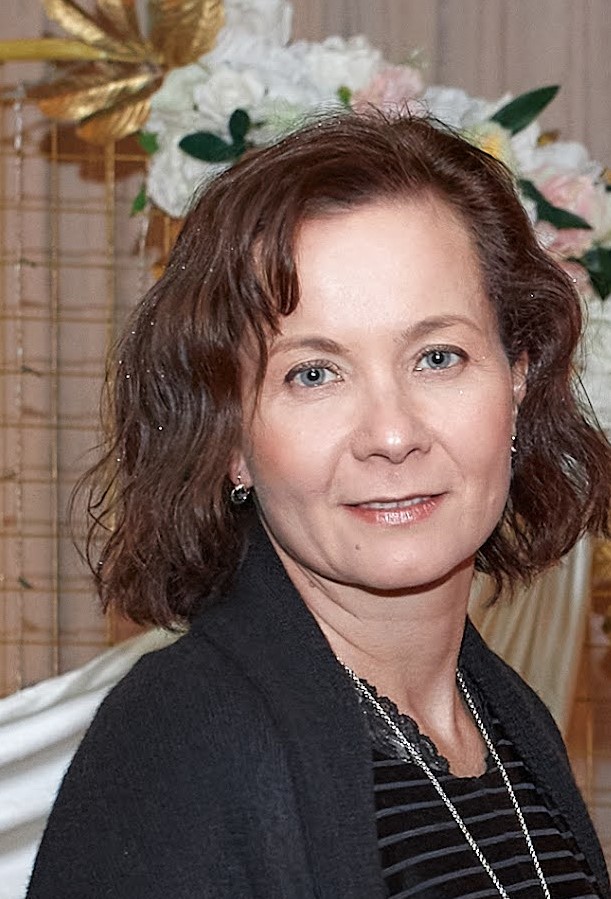 |
Tatiana Kameneva
Faculty Member/For-Profit Employee
Swinburne University Of Technology
Hawthorn, Australia |
I received PhD from the University of Melbourne in 2008. After obtaining PhD, I held research positions in National ICT Australia and DECRA Fellowship at the University of Melbourne. I joined Swinburne University as a recipient of the Vice Chancellor’s Women in STEM initiative in 2017. Currently, I am a faculty member at Swinburne University, Australia, where I lead a computational neuroscience lab, working together with students and academics from Engineering, Maths and Life Sciences.
|
| |
Research Interests:
My expertise is in computational neuroscience, signal analysis, and control theory tools in application to life sciences. I use tools from mathematics and engineering to solve problems in biology and medicine. I develop new neuromodulation techniques and data analysis methods that could be used across a broad range of medical applications.
Past Experience:
Describe your past contributions or participation in computational neuroscience.
I contribute to computational neuroscience as a Program Committee for OCNS and a local organising committee for CNS*2022. Being an Associate Editor for Trans. on Biomed. Eng. and Rehab., I focus on submissions in mathematical modelling and computational neuroscience. I also contribute to the field through publications and student supervision.
Motivation:
Please explain why you want to become an OCNS director.
I feel deep connection with OCNS. I have been a member since 2013, attended 8 CNS meetings, been on the Program Committee since 2019 and on the local organising committee for CNS*2022. This experience allowed me to contribute to computational neuroscience, present my work to the top experts in the field and form new collaborations. I am ready for the next chapter, I’d like to contribute to the strategic direction of OCNS, emphasizing computational neuroscience innovations to broader community.
OCNS and CNS participation:
# of CNS meetings attended: more than 5
Review service for CNS meeting: more than 5
Programme Committee / Local Organizing Committee member: present
Member of OCNS Board of Directors: never
|
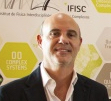 |
Claudio Mirasso
Faculty Member/For-Profit Employee
Universitat De Les Illes Balears
Palma De Mallorca, Spain |
Ph.D. in Physics, Univ. of La Plata, Argentina. 1990-92 postdoc contract Univ. of the Balearic Islands (UIB); 1992-93 visiting Prof., Univ. of Cantabria; 1993-94 visiting Prof., UIB; 1994-95 researcher, Spanish National Research Council (CSIC); 1995-96 6-month postdoc contract, Free Univ. of Amsterdam; 1996-2009 Associate Prof., UIB; since 2009 Full Prof. UIB; 2003-04 sabbatical stay, UCLA. Since 2021 deputy director, Institute for Cross-Disciplinary Physics and Complex Systems (UIB-CSIC).
|
| |
Research Interests:
Modeling and synchronization in neural systems; Information transmission in neural circuits; Encoding, storage, and decoding of information in brain structures; Biomedical time series analysis; Neuro-inspired devices; ANNs; Machine learning.
Past Experience:
Describe your past contributions or participation in computational neuroscience.
I pioneered studies on the synchronization of delay-coupled systems applied to the phenomenon of coherent perception. I also studied aspects of information transmission in neural circuits. More recently, I started to study the role that inhibitory neurons play in information encoding in the hippocampus and in the computational properties of V1.
Motivation:
Please explain why you want to become an OCNS director.
In the last three years, I have been acting as a program committee member of the OCNS meetings, in my opinion, the most important computational neuroscience conference worldwide. I feel that it is time to be more involved in the organization by joining the OCNS board of Directors. Poseo una larga trayectoria en la gestion y coordinación de la ciencia (en particular en proyectos europeos y coordinando la unidad de excelencia María de Maestu del IFISC).
OCNS and CNS participation:
# of CNS meetings attended: 4-5
Review service for CNS meeting: 4-5
Programme Committee / Local Organizing Committee member: past
Member of OCNS Board of Directors: never
|
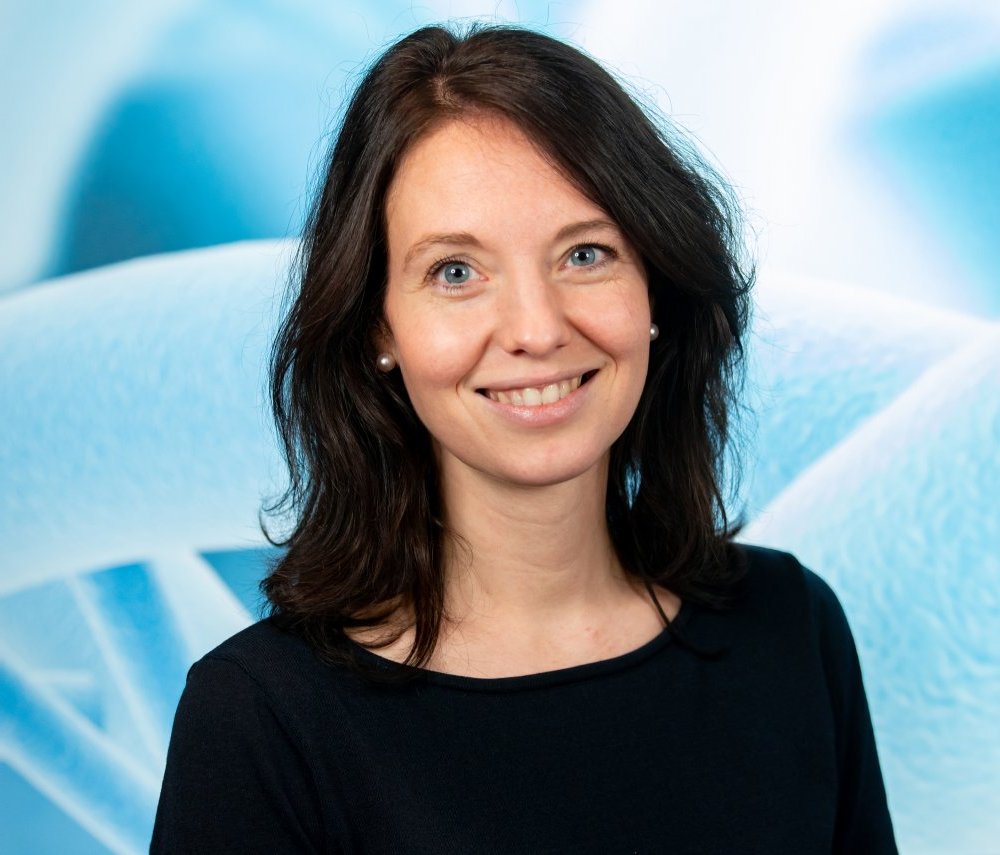 |
Michelle Moerel
Faculty Member/For-Profit Employee
Maastricht University
Maastricht, Netherlands |
I obtained my PhD in 2013, studying human auditory processing with functional MRI (fMRI; Maastricht University, the Netherlands). I conducted my postdoctoral research at the Center for Magnetic Resonance Research (University of Minnesota, USA). Driven to perform interdisciplinary research, I joined the Maastricht Centre for Systems Biology (Maastricht University, the Netherlands) in 2015. I recently became an Associate Professor.
|
| |
Research Interests:
My main research interest is in plasticity of human auditory processing, both in health (with attention and learning) and in disease (tinnitus). I combine ultra-high field magnetic resonance imaging (MRI) with computational modelling at the neural population level to study this research topic.
Past Experience:
Describe your past contributions or participation in computational neuroscience.
I use computational modelling at neuronal population level to make predictions for and interpret patterns observed in, human fMRI data of the auditory system. I also teach computational neuroscience at bachelor and master level at Maastricht University.
Motivation:
Please explain why you want to become an OCNS director.
As my research interest in computational neuroscience is growing, OCNS will be my main conference for the years to come. Becoming an OCNS director would allow me to get to know the community better, enable me to network with others that share my research interests, and provide me with insights on what it takes to organize a large scientific meeting.
OCNS and CNS participation:
# of CNS meetings attended: 1
Review service for CNS meeting: none
Programme Committee / Local Organizing Committee member: never
Member of OCNS Board of Directors: never
|
 |
Dimitrios Pinotsis
Faculty Member/For-Profit Employee
University Of London--City
London, United Kingdom |
Dimitris is a theoretical neuroscientist with a PhD in Mathematics and an MSc in Theoretical Physics from the University of Cambridge. He has received over 10 Fellowships from Cambridge Isaac Newton Trust, Onassis Foundation, NATO, Bernstein Organization. Dimitris' research has been funded by US Air Force Office of Scientific Research, Picower Innovation Fund, UKRI, Innovate UK, Gambling Commission, EPSRC and the Wellcome Trust.
|
| |
Research Interests:
Computational neuscience and psychiatry; Brain Imaging; Deep Neural Networks; Bayesian Brain Theories; EEG and Virtual Reality; Neuromarketing
Past Experience:
Describe your past contributions or participation in computational neuroscience.
I would be very glad to join the Committee. I have extensive experience with organizing workshops in the context of international conferences, including OCNS and Cosyne I was also the recipient of a 2014 OCNS Travel Award (Quebec city) and also participated at OCNS 2013 (Paris).
Motivation:
Please explain why you want to become an OCNS director.
I would like to promote computational neuroscience within the broader neuroscience community. The importance of computational methods is recognised more and more as time goes by. Still comp neuroscientists are a small minority at e.g. SfN meetings. Also, in my view the ethos of the comp neuro community would need to become more inclusive, amicable and less competitive.
OCNS and CNS participation:
# of CNS meetings attended: 2-3
Review service for CNS meeting: none
Programme Committee / Local Organizing Committee member: never
Member of OCNS Board of Directors: never
|
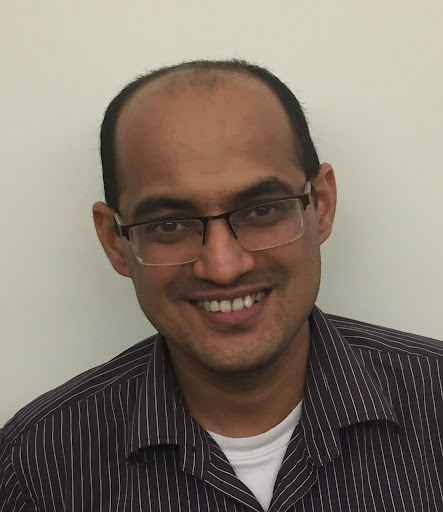 |
Pawan Thapaliya
Student Member
University Of South Florida
Tampa, United States |
I am a Ph.D. student in the Physics Department at the University of South Florida. I was enrolled in the program in 2019 with the anticipated graduation in 2024. I have hand on experience in computational biophysics during my Ms and Ph.D. Currently, I am doing research in non-neuronal cells. Our main goal is to explore the ion homeostasis of the astrocytic cells during a seizure and spreading depolarization.
|
| |
Research Interests:
I have a strong interest to understand the mystery of the critical cell. My main goal is to model the dynamic behaviors of the neocortical astrocytic cell during chemical ischemia. Understanding, building, and deploying the model to explain bioenergetic behaviors is the primary objective of my research.
Past Experience:
Describe your past contributions or participation in computational neuroscience.
I was part of the Web Organizing Committee (WOC) that organized the 30th Annual Computational Neuroscience Meeting CNS*2021 Online from July 3rd to 7th, 2021.
Motivation:
Please explain why you want to become an OCNS director.
I am a dedicated member of OCNS. But I hope it will motivate me further if I work staying in the role than just being a member. I will have the opportunity to learn, grow, and contribute as a leader if I take any role. Meeting people regularly to discuss for agenda will prepare me for a deeper understanding of management skills. Ultimately, I will have a strong connection with people that will help to build a Network for the betterment of Neuro Science.
OCNS and CNS participation:
# of CNS meetings attended: 1
Review service for CNS meeting: 1
Programme Committee / Local Organizing Committee member: past
Member of OCNS Board of Directors: never
|
|










